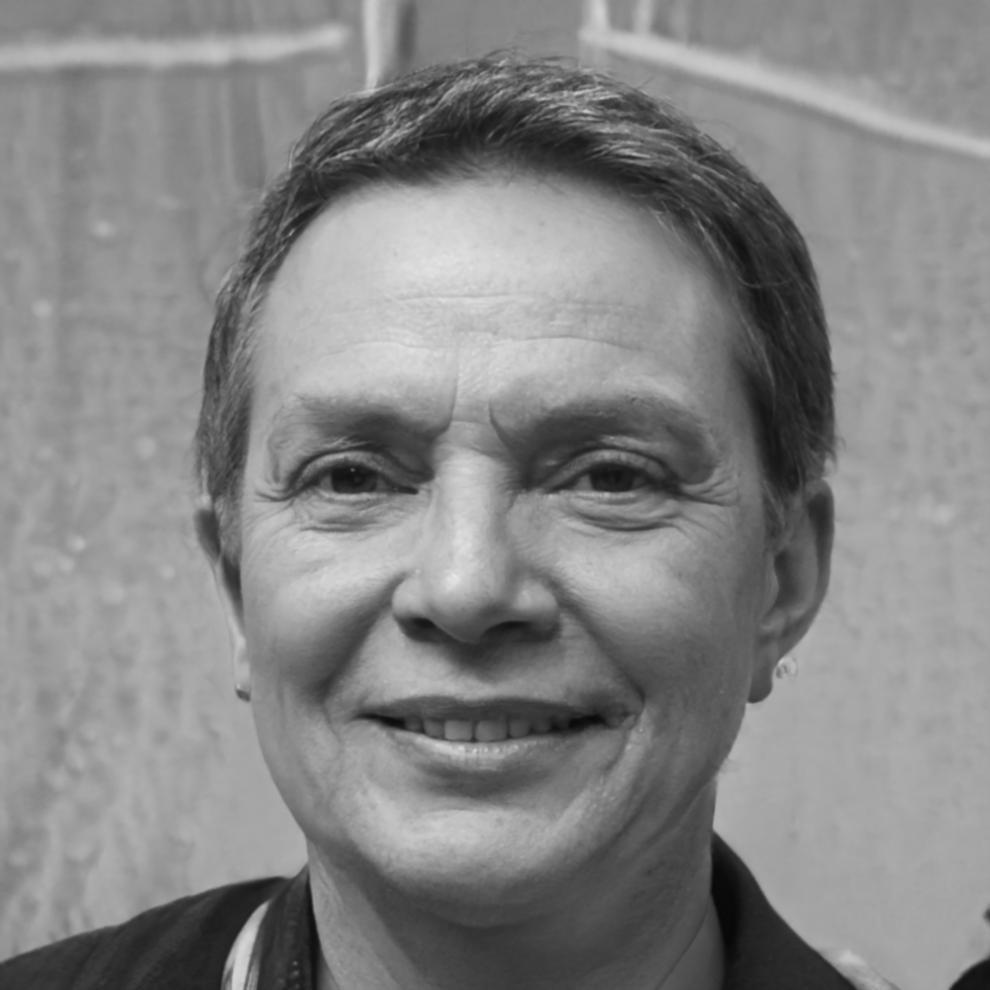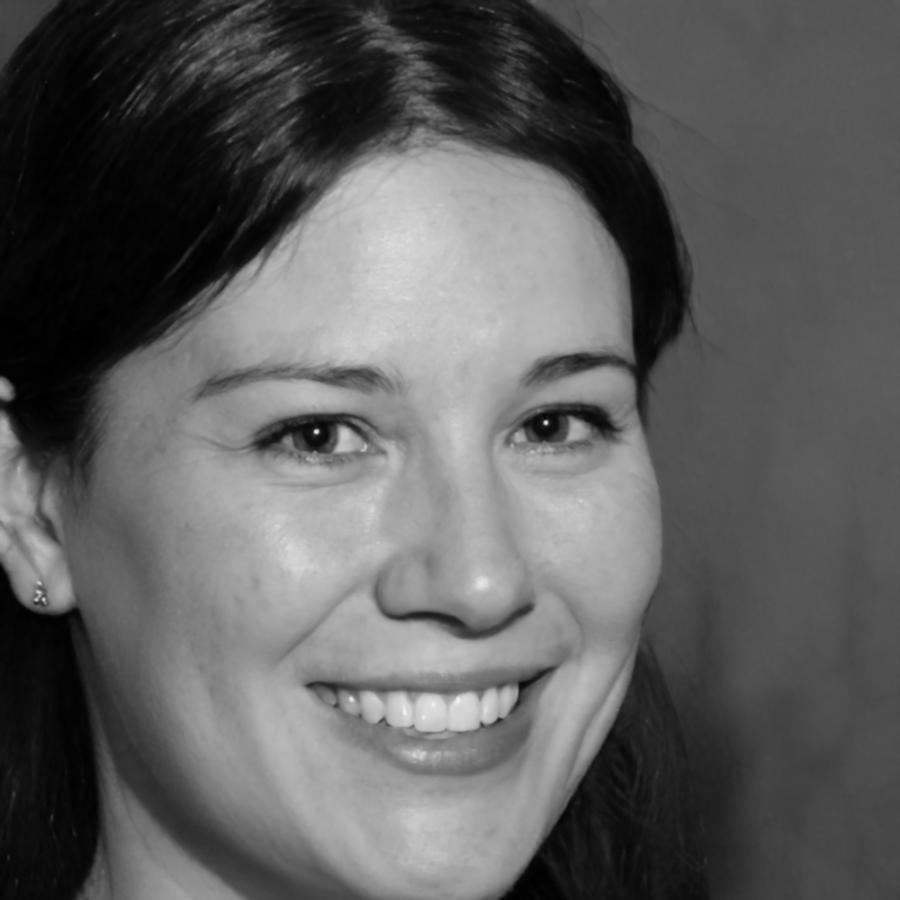Financial Negotiation Skills Program
Build confidence in money conversations through practical scenarios and real-world application
Most people find financial negotiations uncomfortable. You're sitting across from a supplier, knowing you should push back on the quote, but the words don't come. Or you're in a salary review, aware you deserve more, yet you accept what's offered. These moments add up. Our program starts where traditional courses stop – not with theory, but with the actual conversations that matter in business and life.
Questions We Address Throughout Your Journey
Real concerns from people at different stages of their negotiation skills development
Initial Concerns
- What if I'm just not naturally good at negotiating money matters?
- How much time will this actually take each week?
- Will this work for someone who gets anxious in financial discussions?
- Can I apply this to both business and personal situations?
Active Practice
- How do I handle pushback when I ask for better terms?
- What if the other person gets defensive or angry?
- Should I practice on small negotiations first?
- How do I know when I'm being too aggressive or too passive?
Real Application
- How do I maintain confidence in high-stakes situations?
- What's the best way to prepare for complex negotiations?
- Can I adapt these skills to different industries and contexts?
- How do I handle negotiations that span multiple meetings?
Continued Growth
- Where can I get feedback on specific situations I'm facing?
- How do I refine techniques for my specific industry?
- What advanced strategies should I explore next?
- Can I access updated scenarios as market conditions change?

What People Actually Learn
We track participant progress through specific scenarios they tackle. Here's what happened with three recent groups working through common challenges.
Supplier Contract Renegotiation
A group of small business owners practiced pushing back on annual price increases. Initial attempts felt confrontational and resulted in defensive responses. After working through framing techniques and preparing alternative proposals, most found suppliers willing to discuss options. The key lesson wasn't getting lower prices – it was learning that respectful questioning opened conversations rather than closing them.
Salary Discussion Preparation
Participants worked through compensation conversations with varying contexts. Those who researched market rates and documented contributions felt more grounded. The practice revealed a pattern – people who framed requests around business value rather than personal need had more productive discussions. Several noted that even when increases weren't possible immediately, the conversation shifted their manager's perception.
Payment Terms With New Clients
Freelancers and consultants practiced establishing boundaries around deposits and payment schedules. The common mistake was apologizing while stating terms. After working through confident language and preparing responses to common objections, most found clients accepted reasonable terms without issue. The takeaway – professional payment structures aren't negotiable points, they're business requirements presented with clarity.
What Participants Say
I used to accept the first number offered because I didn't want to seem difficult. The program didn't make me aggressive – it gave me language that felt professional and reasonable. Now I ask questions and explore options naturally. Last month I negotiated terms on a contract that saved my business about eighteen thousand annually. That single conversation paid for the program many times over.
The role-playing scenarios were uncomfortable at first, which was exactly the point. You practice in a safe environment so the real conversations feel manageable. I've applied techniques with suppliers, clients, and in a recent job offer discussion. The framework works because it's based on respect and preparation, not manipulation. I recommend it to anyone who finds money conversations stressful.
Next Program Begins September 2025
We run cohorts three times annually with limited enrollment to maintain quality interaction. The autumn session starts September 15th and runs for eight weeks. If you're tired of leaving money on the table or accepting terms that don't serve you, let's talk about whether this program fits your situation.

